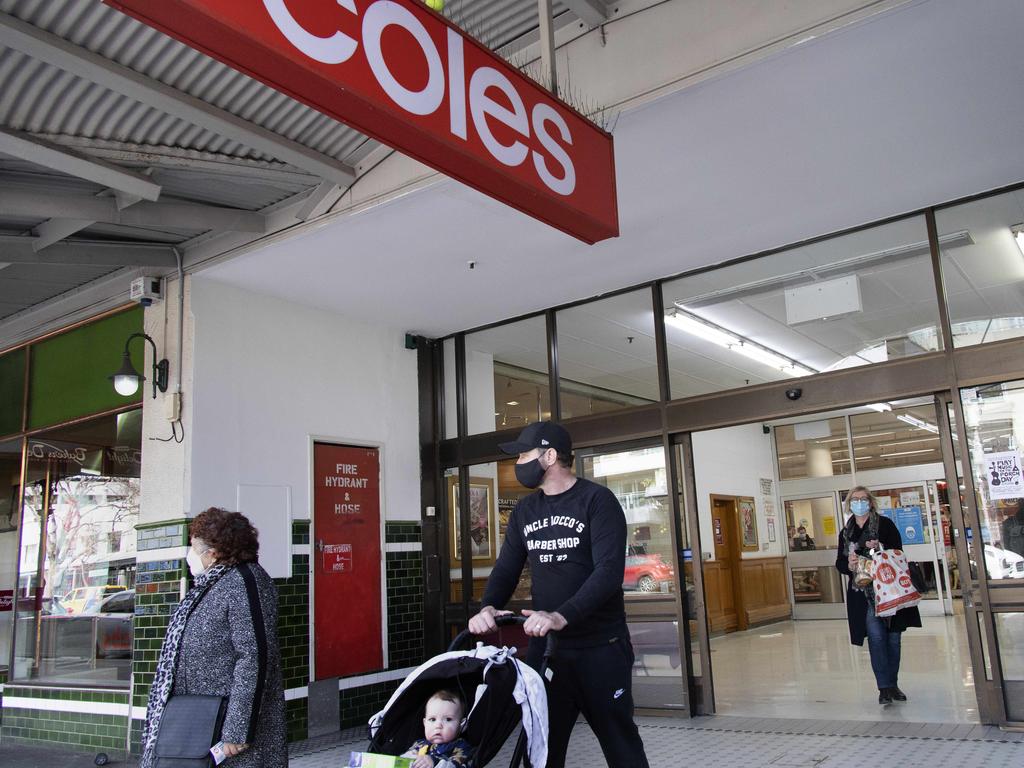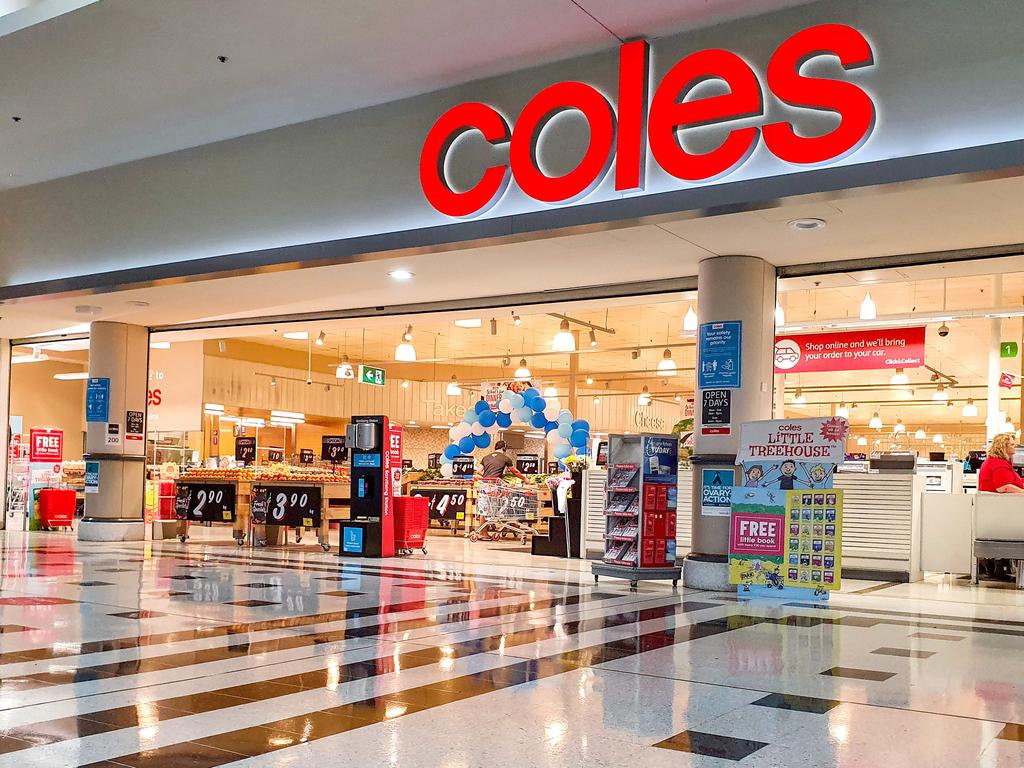David Jones lurches to $33m full-year loss as COVID-19 hurts sales
The retailer is looking to cut around $20m a year in costs, while steep food hall losses will not be allowed to continue.

The chief executive of up-market department store David Jones’ South African parent, Roy Bagattini, will use funds raised from selling the retailer’s Australian properties to pay down debt and strip out other costs to help the loss-making chain race out of the blocks when the COVID-19 crisis ends.
Unveiling the retailer’s full-year results for 2020, which showed David Jones had slumped to a loss of $33m from a profit of $37m in 2019, Mr Bagattini said he strongly believed the department store could return to profitability despite the health and economic crisis.
“I think the David Jones business can absolutely be profitable in a context that we are in and moving in to, and we are certainly looking at improving on our performance on the prior year, and we would be very disappointed if we don’t see some significant improvement in the performance,’’ Mr Bagattini told The Australian.
“I think we are in an unusual time and it is difficult to predict where things go and to what extent, how quickly things will ramp back up to the pre-COVID-19 period, but having said that we are reasonably comfortable and confident in the current level of trading outside of Victoria.”
Mr Bagattini said he was looking to cut around $20m a year in costs from the David Jones business while the struggling food halls had racked up losses of $14m in 2020 which could not be allowed to continue.
The former president of Levi Strauss in the Americas, Mr Bagattini was appointed the CEO of Woolworths Holdings earlier this year and is determined to reshape the David Jones business and bring it back to profit.
He will use $121m raised from the sale of its Melbourne CBD flagship store and other planned property sales to pay down debt, while he is reviewing the stores as well as the loss-making food business David Jones launched in a number of stores.
“We are doing some of the things we typically couldn’t do when we were trading full on, so we are using the time to get healthy, in a sense, as a business so we are out of the starting blocks fast.
“We have embarked on a plan around really turning around, transitioning the David Jones business to where I think it could be and deserves to be. Really looking at the brand, looking at the product portfolio, looking at our store environment, experience, all of those elements.”
This would include cutting costs and sealing better deals with its landlords.
“And in addition to that we have some challenges on our income statement and the way we have been trading the business, our cost base and particularly the landlord component and on that front we are making good progress on our discussions with landlords, they are quite productive and we are optimistic about that outcome.
“Our priority has been the balance sheet, we have been very focused on getting the balance sheet into a more healthier place, our levels of gearing have been very high particularly in pre-COVID-19.”
Woolworths Holdings said on Thursday revenue for David Jones in fiscal 2020 was down 6.4 per cent to $2.064bn.
However, David Jones did manage to claw some of those sales back on its online channel as consumers stuck at home or keeping their distance due to social distancing jumped online. David Jones said its online sales rocketed by more than 100 per cent in the second half.
At its bricks and mortar stores the pain of the health crisis was most obvious, with sales down heavily along with foot traffic.
And Country Road Group, which operates Country Road, Mimco, Trenery, Politix and Witchery and is also owned by Woolworths Holdings, managed to remain profitable however its earnings fell 60 per cent in 2020 to $40m.
Woolworths Holdings said that while David Jones was able to continue trading most of their stores during the second half there was a significant decline in footfall, which was evidenced earlier in the half, as the impacts of the pandemic affected Asian tourism during the Lunar New Year trading period.
Turnover and concession sales declined by 17.2 per cent in the second half, ending the year 6.4 per cent below the prior year. The decline in store sales was partly mitigated by the shift to online, which grew by 100.7 per cent in the second half, contributing 18.4 per cent to sales.
It said the completion of the David Jones Elizabeth Street store redevelopment in April contributed positively to the uplift in sales in the latter part of the half, notwithstanding the effect of the pandemic on CBD locations.
Gross profit margin for David Jones was 2.7 per cent lower than the prior year, due to the increased clearance activity in the last quarter to generate cash and reduce inventory levels. Costs reduced by 4.6 per cent, as non-essential expenditure was curtailed to mitigate the impact of the loss of trade.
The exit of the Country Road Group brands from Myer, effectively in August 2019, also impacted comparable performance. As a result, sales in the second half declined by 25.6 per cent and ended the year down 14.3 per cent on the prior year.
During the period, online sales remained strong, growing by 28.1 per cent in the second half, and contributing 33.5 per cent of total sales. Gross profit margin declined by 3.1 per cent to 58.6 per cent due to heightened promotions to clear excess inventory.
Arch rival Myer reported last week it had sunk to its second worst result in its history, with an annual loss of $172.4m.








To join the conversation, please log in. Don't have an account? Register
Join the conversation, you are commenting as Logout